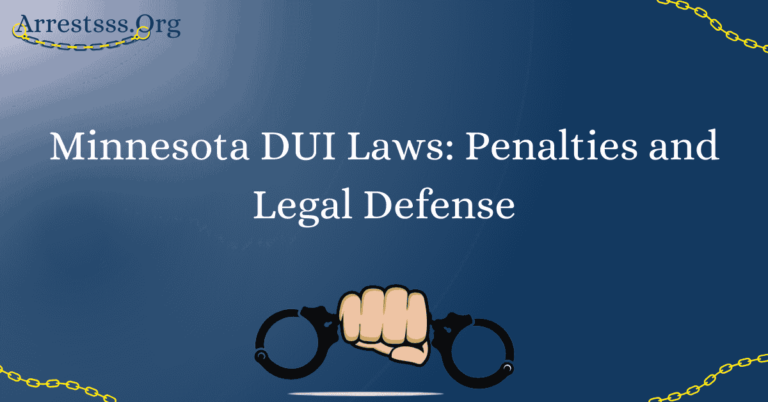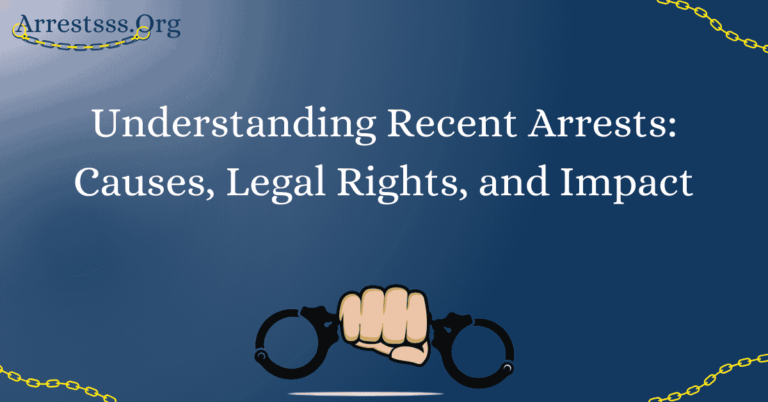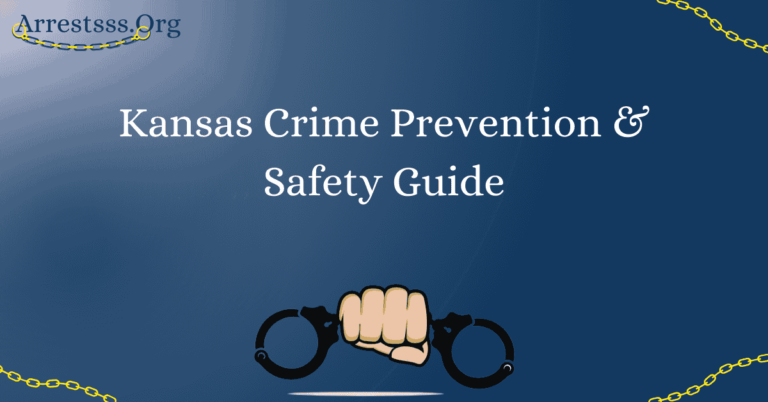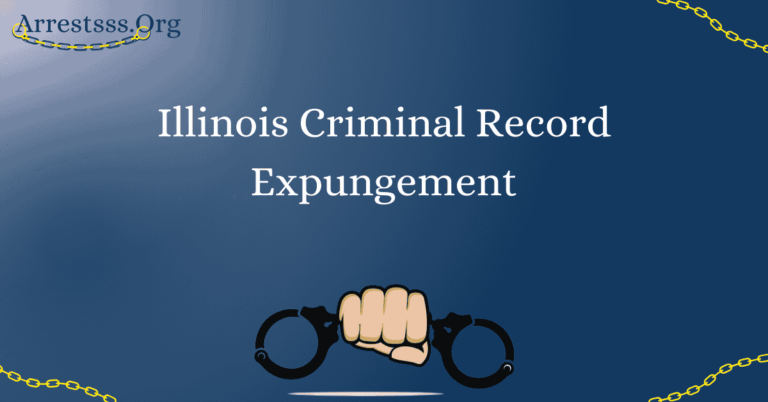Navigating WV Child Custody Laws
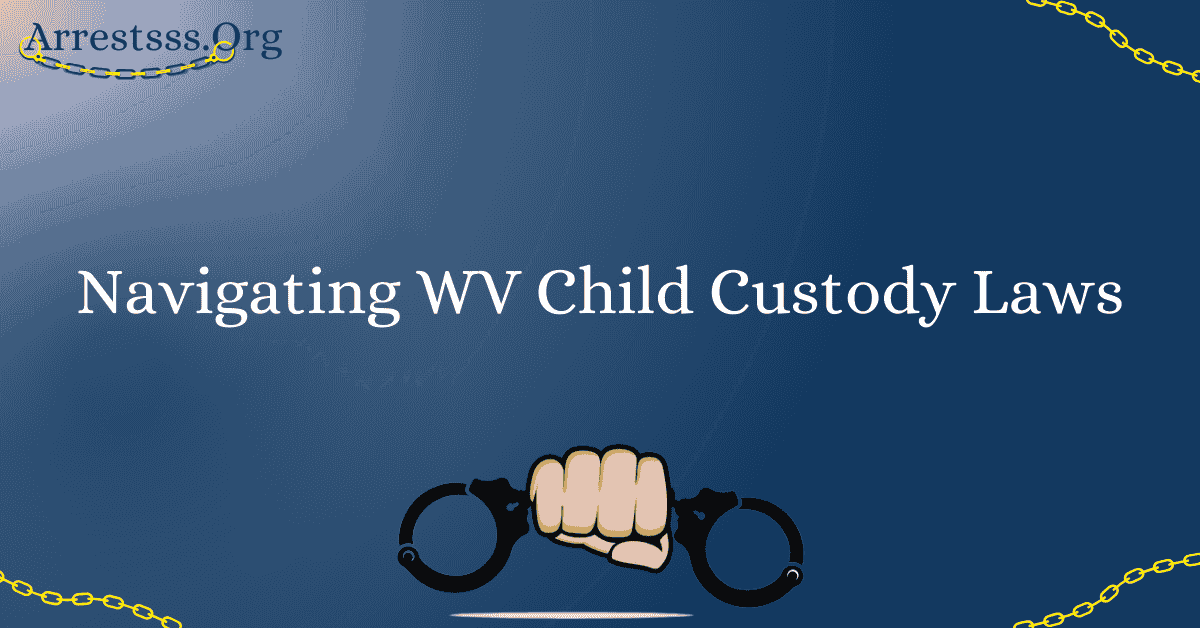
Child custody matters can be complex and emotionally challenging, especially when navigating the legal landscape of West Virginia. Whether you’re going through a divorce or separation, or simply seeking clarity on custody arrangements, understanding the intricacies of West Virginia’s child custody laws is essential. In this comprehensive guide, we will provide you with valuable insights and information to help you make informed decisions that prioritize the well-being of your child.
Child Custody Laws in West Virginia
Before we delve into the specifics of West Virginia’s child custody laws, let’s establish an overview of what this guide entails. These fundamental outlines will equip you with the knowledge needed to navigate the complexities of child custody in the state.
Types of Child Custody
- Physical Custody: This refers to where the child primarily resides. Understanding the implications of physical custody is crucial for parents and guardians.
- Legal Custody: Legal custody pertains to the rights and responsibilities of making important decisions for the child’s upbringing, such as education and healthcare.
- Joint Custody: West Virginia allows for joint custody arrangements, where both parents share physical and legal custody.
- Sole Custody: In some cases, one parent may be granted sole physical and legal custody.
Factors Considered in Custody Determination
When the court decides on child custody matters, it considers several factors to ensure the child’s best interests are protected. These factors include:
- Child’s Age, Health, and Safety: The court assesses the child’s age, physical and emotional health, and safety in each parent’s care.
- Parents’ Physical and Mental Health: The physical and mental well-being of each parent is evaluated.
- Emotional Bond Between Child and Parent: The court considers the emotional connection between the child and each parent.
- Parents’ Willingness to Co-Parent: Cooperation and willingness to facilitate the child’s relationship with the other parent are crucial.
- Stability of Home Environment: The stability and suitability of each parent’s home environment are assessed.
Legal Custody vs. Physical Custody
Understanding the distinction between legal custody and physical custody is vital for parents navigating child custody cases.
- Legal Custody: This involves the right to make decisions regarding the child’s upbringing, including education, healthcare, and religious upbringing.
- Physical Custody: Physical custody relates to where the child lives and spends their time.
Visitation Rights and Schedules
Visitation rights are essential for non-custodial parents to maintain a meaningful relationship with their children. West Virginia provides guidelines and schedules for visitation, including:
- Standard Visitation Schedule: Understanding the standard visitation schedule.
- Creating a Customized Visitation Plan: Tailoring a visitation plan to meet your family’s unique needs.
- Supervised Visitation: When supervised visitation is necessary and how it works.
Modification and Enforcement of Custody Orders
Custody orders may require modification over time due to changing circumstances. Understanding the process for modifying and enforcing custody orders is crucial. Key points include:
- Grounds for Modification: Recognizing valid reasons for seeking a custody order modification.
- Filing a Modification Request: The steps involved in requesting a modification.
- Enforcing Custody Orders: Ensuring compliance with custody orders.
FAQ’s
How is child custody determined in West Virginia?
In West Virginia, child custody is determined based on the best interests of the child. Courts consider various factors, including the child’s age, physical and mental health, the ability of each parent to provide a stable environment, and their willingness to support the child’s relationship with the other parent. Additionally, the court may consider any history of domestic violence or substance abuse when making custody decisions.
What types of child custody arrangements are possible in West Virginia?
West Virginia recognizes both physical and legal custody. Physical custody determines where the child will live, while legal custody pertains to decision-making authority regarding the child’s upbringing. Custody arrangements can vary and may include joint physical and legal custody, sole physical or legal custody, or a combination of these options. The court will determine the most appropriate arrangement based on the child’s best interests.
Can child custody agreements be modified in West Virginia?
Yes, child custody agreements can be modified in West Virginia if there is a significant change in circumstances that justifies a modification. Such changes could include a parent’s relocation, a substantial change in income or living situation, or concerns about the child’s safety or well-being. To modify a custody agreement, a parent must typically file a motion with the court and demonstrate that the modification is in the child’s best interests. The court will review the case and make a decision accordingly.

